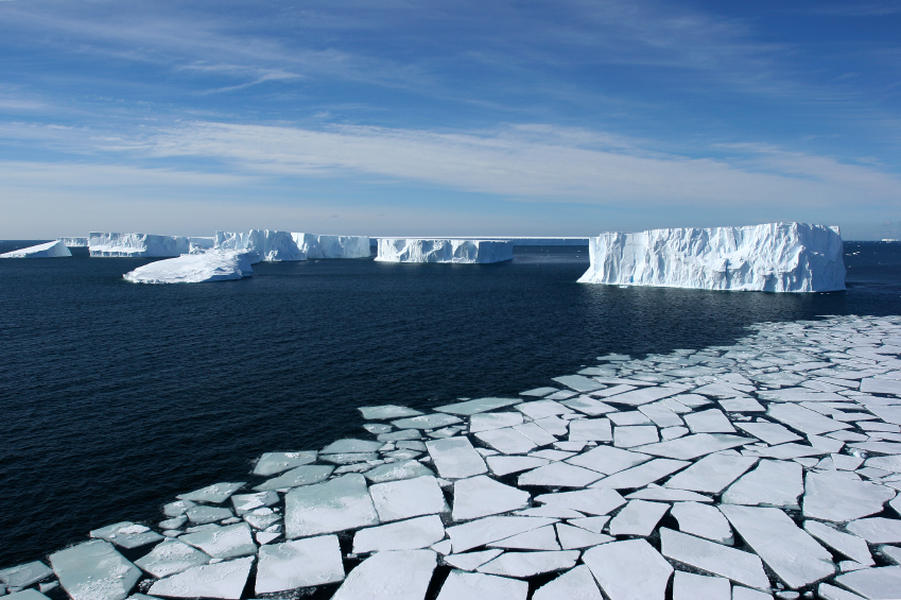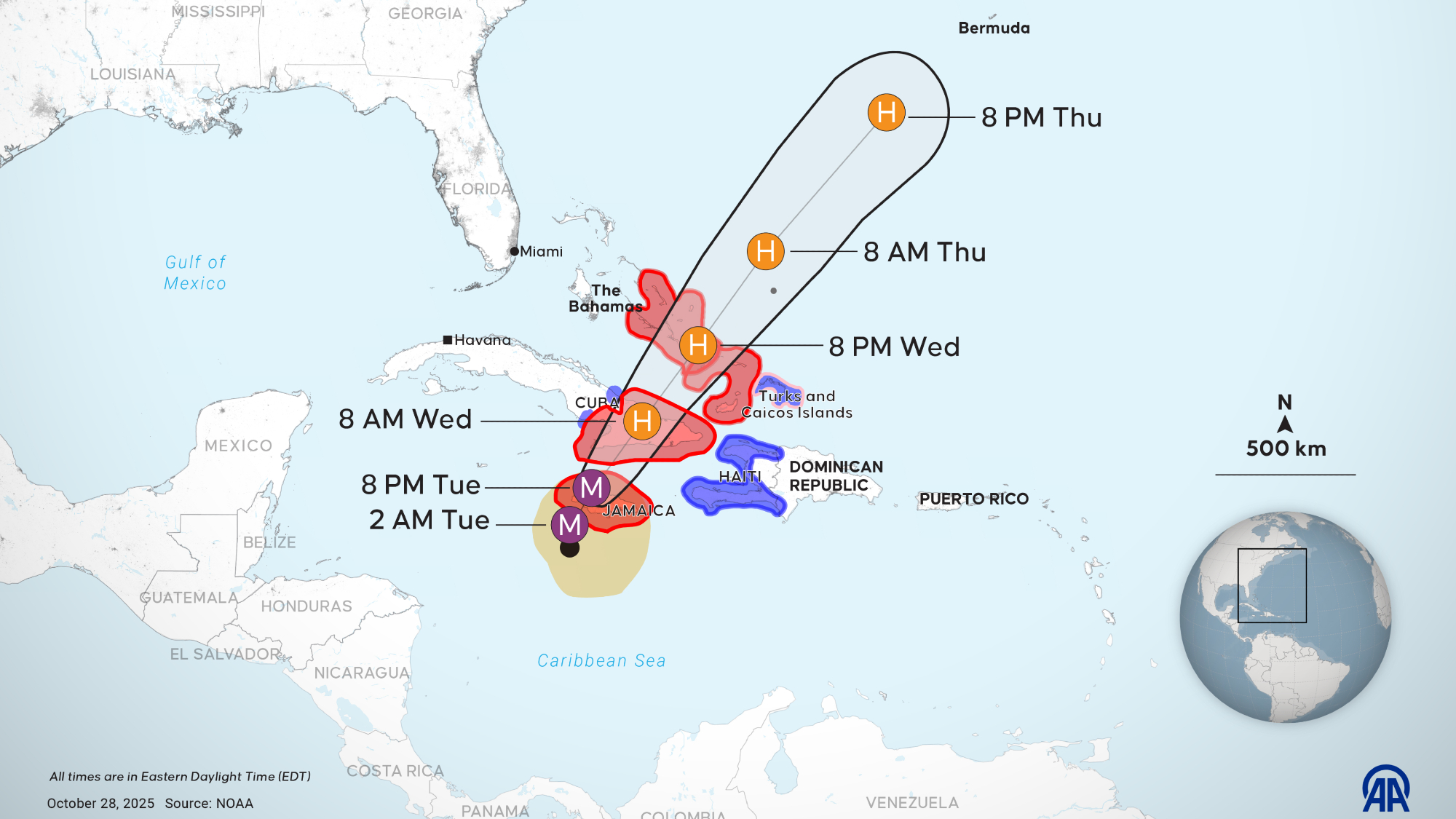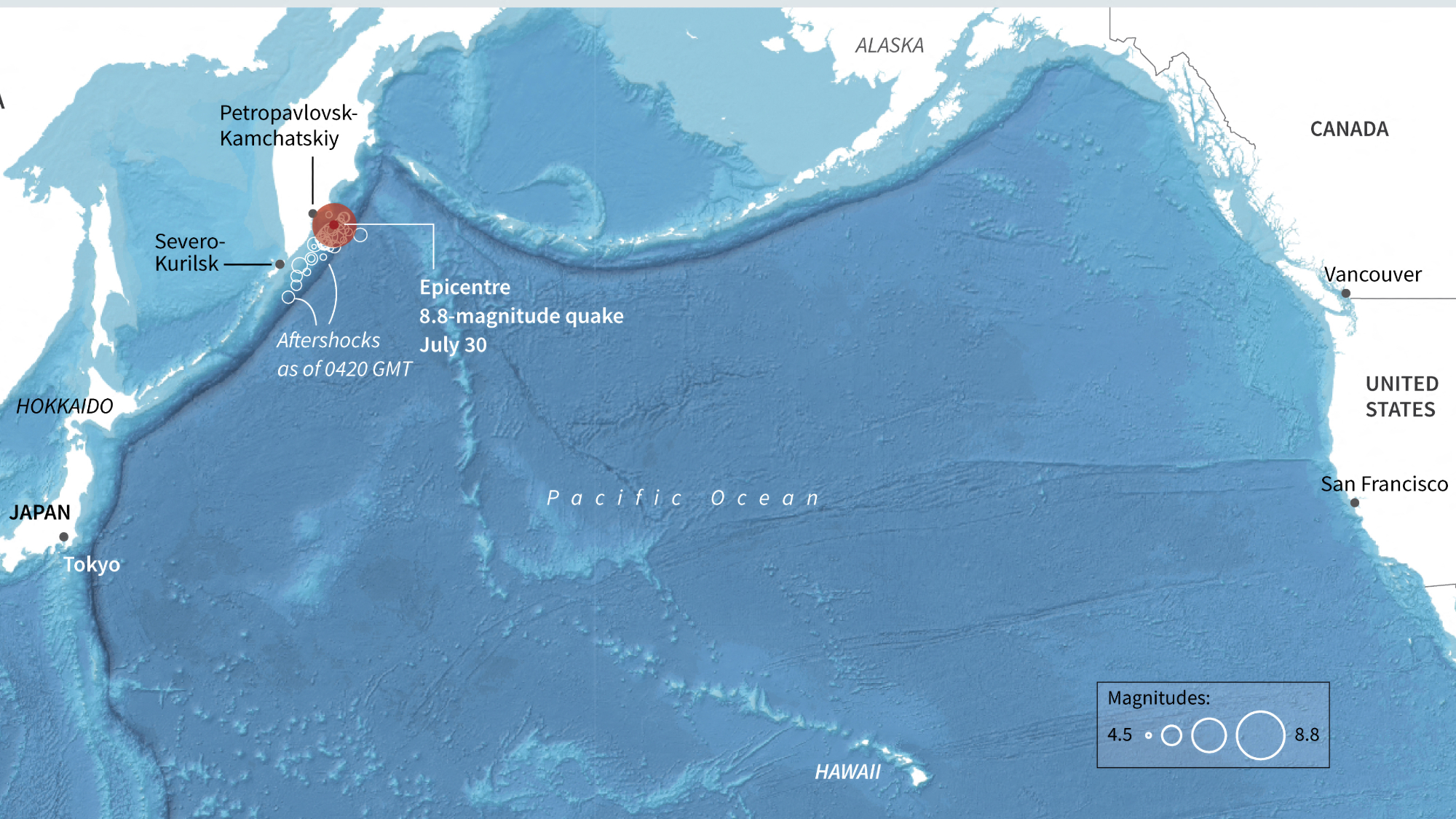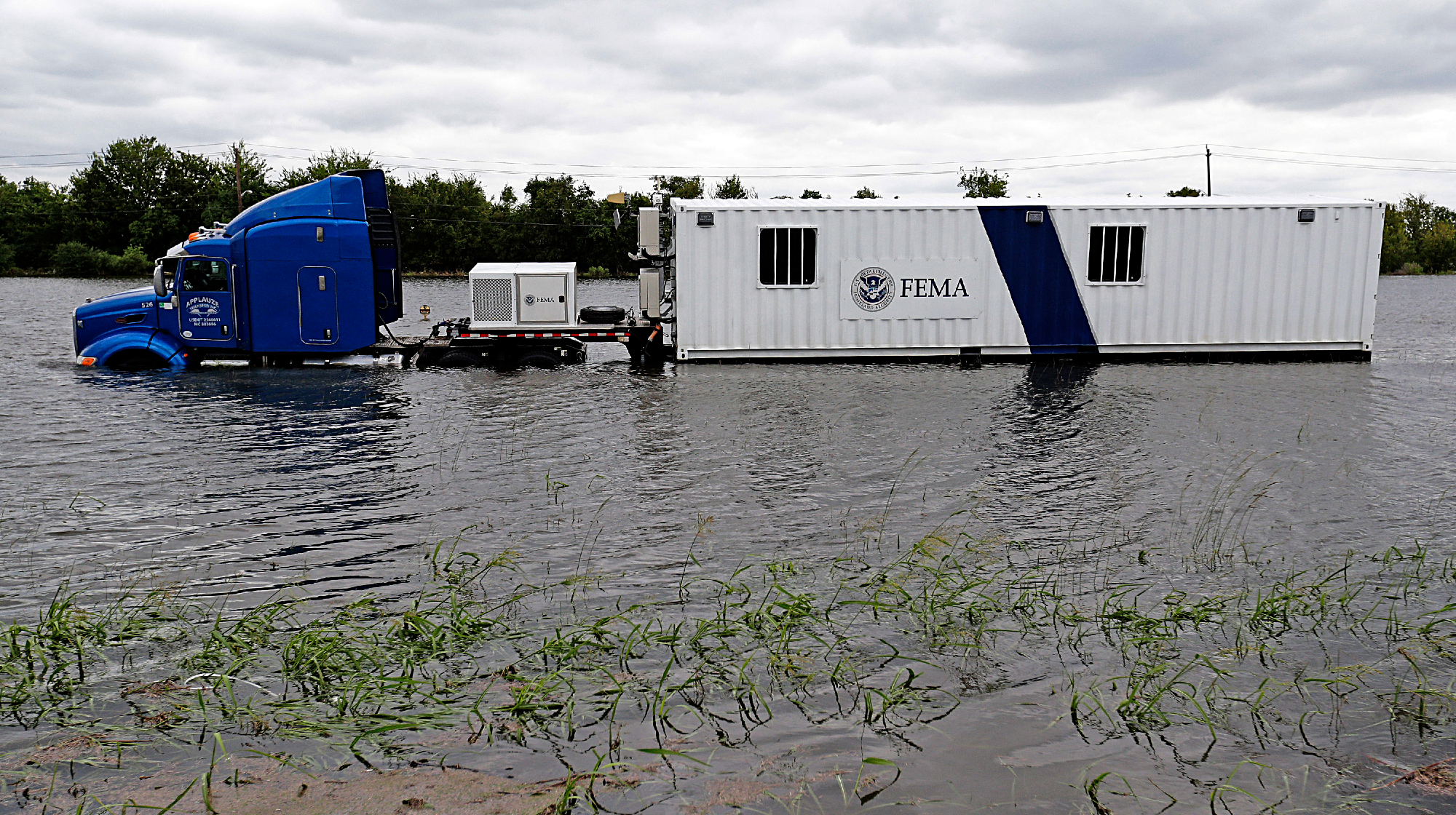Climate change could be altering Antarctica's gravity


A free daily email with the biggest news stories of the day – and the best features from TheWeek.com
You are now subscribed
Your newsletter sign-up was successful
A new report from the European Space Agency suggests that climate change is altering gravity in the Antarctic.
The ESA report reveals that "the loss of ice from West Antarctica between 2009 and 2012 caused a dip in the gravity field over the region." The ESA combined imaging from its GOCE satellite, which measures Earth's gravity, with information from the American-German orbiter GRACE, which measures changes in ice mass using gravity data, to reach its conclusion.
As Mic notes, "penguins aren't suddenly going to drift into space," but the report does reveal just how much ice West Antarctica is losing. Gravity isn't a fixed concept — it changes across the globe, depending on planetary rotation, latitude, altitude, and geology. And while the loss of Antarctic glaciers could take more than 200 years, the meltdown could raise sea levels by at least 10 feet.
The Week
Escape your echo chamber. Get the facts behind the news, plus analysis from multiple perspectives.

Sign up for The Week's Free Newsletters
From our morning news briefing to a weekly Good News Newsletter, get the best of The Week delivered directly to your inbox.
From our morning news briefing to a weekly Good News Newsletter, get the best of The Week delivered directly to your inbox.
NASA reported in May that western Antarctica's Amundsen Sea has already been affected by climate change, and the effects will only become more pronounced over time. The changes in Antarctica's glaciers could have a global effect — sea ice reflects sunlight, so without the icebergs, water would absorb more of the light. In turn, this could "contribute to warmer temperatures, erode coastlines, and change the habitat of arctic species, including polar bears — eventually perpetuating the feedback effect," according to Mic. And if all of that wasn't bad enough, a team of Japanese scientists suggested that climate change could also affect gender birth ratios in a study published earlier this month.
For a visualization of the ESA's findings, check out the video below. --Meghan DeMaria
A free daily email with the biggest news stories of the day – and the best features from TheWeek.com
Meghan DeMaria is a staff writer at TheWeek.com. She has previously worked for USA Today and Marie Claire.
-
 Health insurance: Premiums soar as ACA subsidies end
Health insurance: Premiums soar as ACA subsidies endFeature 1.4 million people have dropped coverage
-
 Anthropic: AI triggers the ‘SaaSpocalypse’
Anthropic: AI triggers the ‘SaaSpocalypse’Feature A grim reaper for software services?
-
 NIH director Bhattacharya tapped as acting CDC head
NIH director Bhattacharya tapped as acting CDC headSpeed Read Jay Bhattacharya, a critic of the CDC’s Covid-19 response, will now lead the Centers for Disease Control and Prevention
-
 At least 8 dead in California’s deadliest avalanche
At least 8 dead in California’s deadliest avalancheSpeed Read The avalanche near Lake Tahoe was the deadliest in modern California history and the worst in the US since 1981
-
 Death toll from Southeast Asia storms tops 1,000
Death toll from Southeast Asia storms tops 1,000speed read Catastrophic floods and landslides have struck Sri Lanka, Indonesia, Thailand and Malaysia
-
 Hurricane Melissa slams Jamaica as Category 5 storm
Hurricane Melissa slams Jamaica as Category 5 stormSpeed Read The year’s most powerful storm is also expected to be the strongest ever recorded in Jamaica
-
 Renewables top coal as Trump seeks reversal
Renewables top coal as Trump seeks reversalSpeed Read For the first time, renewable energy sources generated more power than coal, said a new report
-
 China vows first emissions cut, sidelining US
China vows first emissions cut, sidelining USSpeed Read The US, the world’s No. 2 emitter, did not attend the New York summit
-
 At least 800 dead in Afghanistan earthquake
At least 800 dead in Afghanistan earthquakespeed read A magnitude 6.0 earthquake hit a mountainous region of eastern Afghanistan
-
 Massive earthquake sends tsunami across Pacific
Massive earthquake sends tsunami across PacificSpeed Read Hundreds of thousands of people in Japan and Hawaii were told to evacuate to higher ground
-
 FEMA Urban Search and Rescue chief resigns
FEMA Urban Search and Rescue chief resignsSpeed Read Ken Pagurek has left the organization, citing 'chaos'
